About Nicolas Horvath
Nicolas Horvath is an unusual artist with an unconventional résumé. He began his music studies at the Académie de Musique Prince Rainier III de Monaco, and at the age 16, he caught the attention of the American conductor Lawrence Foster who helped him to secure a three-year scholarship from the Princess Grace Foundation in order to further his studies. His mentors include a number of distinguished international pianists, including Bruno Leonardo Gelber, Gérard Frémy, Eric Heidsieck, Gabriel Tacchino, Nelson Delle-Vigne, Philippe Entremont, Oxana Yablonskaya and Liszt specialist Leslie Howard who helped to lay the foundations for Horvath’s current recognition as a leading interpreter of Liszt’s music. He is the holder of a number of awards, including First Prize of the Scriabin and the Luigi Nono International Competitions.
Known for his boundary-less musical explorations, Nicolas Horvath is not only a rediscoverer of unknown or unjustly forgotten composers such as Moondog, Germaine Tailleferre, François-Adrien Boieldieu, Hélène de Montgeroult, Félicien David, Karl August Hermann or works unjustly forgotten such as Franz Liszt Christus or Claude Deussy's La Chute de la Maison d'Usher... but also a music lover of our time. He has commissioned and premiered a vast repertoire from a very large number of composers (notably in 2014 from more than 120 composers for his Homages to Philip Glass project) and collaborated with leading contemporary composers from around the world, such as: Terry Riley, Alvin Lucier, Régis Campo, Mamoru Fujieda, Jaan Rääts, Alvin Curran and Valentyn Silvestrov.
Horvath has become noted for the organisation of concerts of unusual length, sometimes lasting over twelve hours, such as the performance of the complete piano music of Philip Glass at the Paris Philharmonie before a cumulative audience of 14,000 people, or the complete piano music for Erik Satie and his Vexations. In October 2015, he was invited to give the closing recital of the Pavilion of Estonia at the Universal Exhibition in Milan with a Jaan Rääts monographic program, the same year he gave at Carnegie Hall, the world premiere of the complete cycle of the 20 Philip Glass Etudes. And in May 2019, Nicolas had the honor of having been chosen by Philip Glass himself to perform live with him and 8 other pianists, his 20 studies at the Philharmonie de Paris.
Nicolas has produced twenty albums unanimously praised by the press. Nicolas is also a Steinway Artist
and an electroacoustic composer.
At the beginning...
Nicolas Horvath, the only child of a non-musical working class family, was born in Monaco, and lived in a small neighboring town. At 3 years old, he felt in love with an instrument enthroned in a hotel-restaurant bar where his father worked: the piano! By dint of insisting, he enrolled at the Monte-Carlo Académie de Musique, the region only free musical establishment. He practiced peacefully with Georges Alexandrovitch, one of Georges Enesco's last students. Despite excellent results, the music remained a hobby and the young Nicolas Horvath continued to evolve free from competitions.
His mother spotted strange musical predispositions in her child (for fun, he accompanied on the piano Beethoven symphonies, conducted by Karajan, playing all the themes found by ear).
This is how he was admitted to integrate the Princess Grace special program for children with musical predispositions. After Alexandrovitch retirement, he was replaced by Bernard Zoccola who, felling Nicolas Horvath's predispositions, offered all his time graciously to develop this pianist in the process' potential.
At 15, he attracted the attention of the conductor Lawrence Foster by the execution of a Mozart Fantasy who "[gave] him chills" during a regular Academie exam. He won a 3-year grant from the Princess Grace Foundation to work with Gabriel Chodos at the Aspen Musical Festival in Colorado.
And it is at the age of 17, on returning from this first confrontation with the world of professionals that the simple hobbie became a passion.
His training
Nicolas Horvath therefore began to study the piano in depth at the age of 17. The results was immediate: he received the Prince Rainier III Prize and waschosen to perform with the Monte-Carlo Philharmonic Orchestra the 3rd movement of the Scriabin concerto. Following this concert, he was spotted by Dame Moura Lympany and Brigitte Engerer who offered to work with him.
But against all odds, he preferred Gerard Frémy (student of Heinrich Neuhaus and Yves Nat) who introduced him to John Cage music and made him discover the music of our time.
He became Bernard Zoccola's assistant at the Academy of Monaco.
At 20, he joined the Ecole Normale de Musique de Paris. This late start cost him a non-investment of his professors who advised him to favor the path of teaching rather than that of concert performer.
Doubting his abilities, Nicolas Horvath discovered the experimental scene. Under the name of Meldhkwis, he created two musical projects: A.E.P. - drone and meditative music and Dapnom - his experimental counterpart.
His students winning numerous competitions, he was then a sought-after teacher.
At 24, a decisive meeting with Bruno-Léonardo Gelber gave him hope for a concert career. Unlike the Ecole Normale, Gelber believed in him and offered him to generously follow his teaching : "Yes, you have all the skills to become a pianist, but you must to rework your technique from ground zero. For that, you have to set aside concerts, competitions and piano pieces. Do you agree ? ". Nicolas Horvath took up the challenge: he left Ecole Normale and worked intensively for 4 years with Gelber assisted by Germaine Deveze.
Despite the success of these numerous experimental albums, Nicolas Horvath, at 27, felt the need to integrate Gino Favotti's electroacoustic composition class at the conservatory of the 20th arrondissement of Paris. At 28, he was accepted into Pantin conservatory (CRD) Christine Groult's class, from which he graduated two years later. This teaching opened him up a whole new understanding of the sound phenomenon and allowed him to be in direct link with the musical avant-garde.
Following a personal drama, Nicolas Horvath tried without any expectation if not cathartic, the International Scriabin Competition. He won it hands down, the jury being standing ovation. At 30, his pianistic career has just been ignited...
His first steps
Following this first success, Nicolas Horvath is invited to participate in other international competitions. During 2 years, he won no less than 11 competitions (Yokohama Competition's 1st Franz Liszt Prize, Luigi Nono 1st Prize, Osaka, Lyon, Fukuoka ...). These competitions allowed him to meet and work with pianists he admired. Thus, for 3 intense and exciting years, his thirst for learning led him to simultaneously follow many piano masters teaching : Nelson Delle-Vigne Fabbri (pupil of Arrau) and Philippe Entremont (at the International Certificate for Piano Artists) ; Gabriel Tacchino (at the Schola Cantorum), Oxana Yablonskaya (at the Oxana Yablonskaya Piano Institute), Eric Heidsieck and Leslie Howard. The latter invited him to perform as part of the Liszt Society, dedicated him one of his “Studies in Black and White” and taught him gratuitously.
Thanks to the choice of his atypical programs, Nicolas Horvath started to be noticed by the audience.
Besides more traditional recitals during which Nicolas Horvath has made it a point of honour to integrate to each of his concert a third of musical creations, he produces happenings with painters, including Benjamin Spark, Marc Dahan and Andréa Clanetti Santarossa, authors, including Kenji Siratori and Sire Cédric and video artists, including Laurent Fiévet, Shantidas Riedacker and Olivier Forest.
To thank him for his commitment, many composers such as Régis Campo, Carson Cooman, Denis Levaillant, Kazuo Missé, Kyle Gann, Frederick Martin, Osamu Kawakami, Fulvio Caldini, Jeroen van Veen, Paul Wehage, Ehsan Saboohi, Carlos Peron Cano, Arnaud Desvignes, Frederic Serrano dedicated him piano pieces in the form of studies, sonatas or concertos.
His career
In 2012, he produced his first solo piano album at Editions Hortus: the world premiere recording of Franz Liszt's Christus 8 movements, transcribed for piano by the composer himsel. Press feedback was unanimous. That same year, he became a Steinway Artist.
Following a successful first performance of Erik Satie's Vexations in Perpignan (he will perform twelve more), Nicolas Horvath brings Terry Riley's All-Night Concert up to date by performing marathon-like concerts of exceptional durations such as Les Nuits du Piano Minimaliste, Erik Satie complete piano music and Philip Glass complete piano music.
The first Glass complete piano music was so successful that the label Naxos contacted Nicolas Horvath to record this music on their new luxury label "Grand Piano". It will be the start of a great collaboration with this label which will offer Nicolas Horvath an international visibility.
In 2014, Nicolas Horvath gave the world premiere of more than one hundred pianistic tributes to Philip Glass as part of a carte blanche at the Palais de Tokyo. In 2015, he performed at Carnegie Hall, all the Philip Glass' 20 Etudes world premiere. That same year, he performed at the Estonian Pavilion the first Jaan Rääts recital during the Milan Universal Exhibition closing ceremony. In 2016, Nicolas Horvath was invited by the Philharmonie de Paris to give his Philip Glass complete piano music during the Nuit Blanche. The success is such that he was invited again in 2018 in the same setting to give his Erik Satie complete piano music. Concert which attracted 14,000 people throughout the night. In 2019, the Festival Variations invited him to perform the world premiere of the full cycle of the 15 Karlheinz Stockhausen's Klavierstuke during one single and non-stop concert .
Nicolas Horvath Horvath continues his musical explorations and rediscovers unknown or unjustly forgotten composers such as Germaine Tailleferre, François-Adrien Boieldieu, Hélène de Montgeroult, Félicien David, Karl August Hermann or works unjustly forgotten such as Liszt's Christus, Moondog's Great Canon or Debussy's La Chute de la Maison d'Usher ...
Open to all musics, he works and collaborates with the greatest composers around the world such as: Terry Riley, Alvin Lucier, Jaan Rääts, Mamoru Fujieda, Régis Campo, Alvin Curran, Lustmord and Valentyn Silvestrov.
In May 2019, Nicolas Horvath had the honor of being chosen by Philip Glass to give, in concert, with him and 8 other pianists, his 20 studies at the Philharmonie de Paris.
Nicolas Horvath has produced around twenty albums unanimously praised by the press. He is now Grand Piano label (at Naxos) number 1 in sales and is among the top 10 sales of all the labels distributed by Naxos.
In 2021, the Collection 1001 Notes
label invites Nicolas to create a new Series: Nicolas Horvath Discoveries. This new series will allow him to share in the best conditions, all the contemporary and experimental composers he has discovered and that he has supported for twenty years.
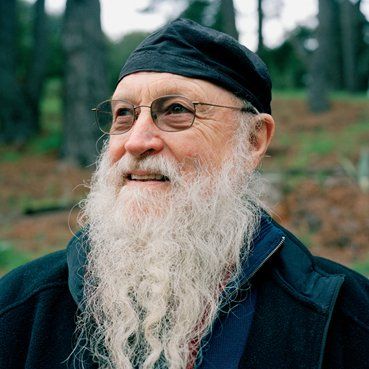
« what you're doing is amazing »
Terry Riley
Composer
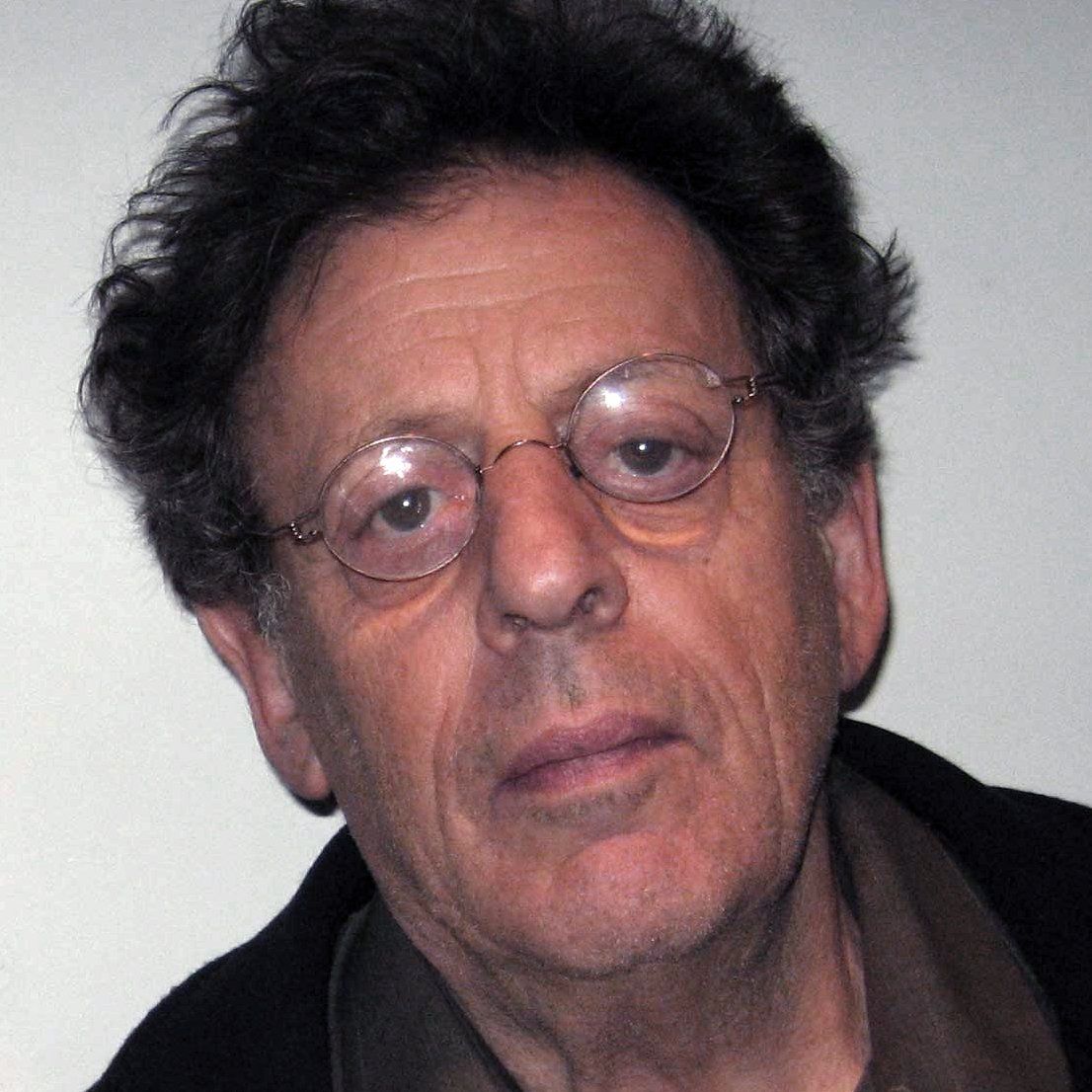
« You understand my music perfectly, I want to write you a new work »
Philip Glass
Composer

« I admire Nicolas boldness »
John Luther Adams
Composer
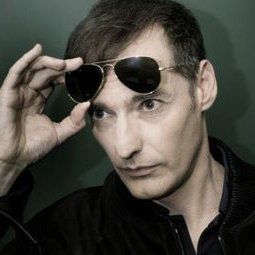
« Nicolas Horvath: fantastic & unique pianist ! »
Régis Campo
Composer
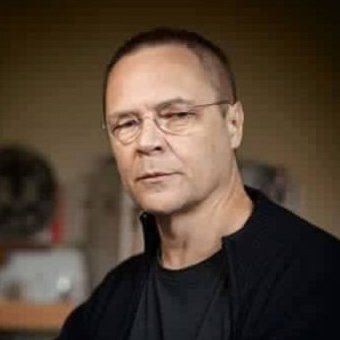
« The composer embraces the musician for this upsetting performance. Thank you Nicolas »
Frédérick Martin
Composer
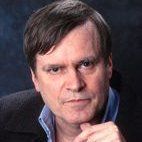
« A great thank you and a great congratulations to you! Your interpretation of La Lande, in this very slow tempo, almost dilated, is really impressive! »
Philippe Hersant
Composer
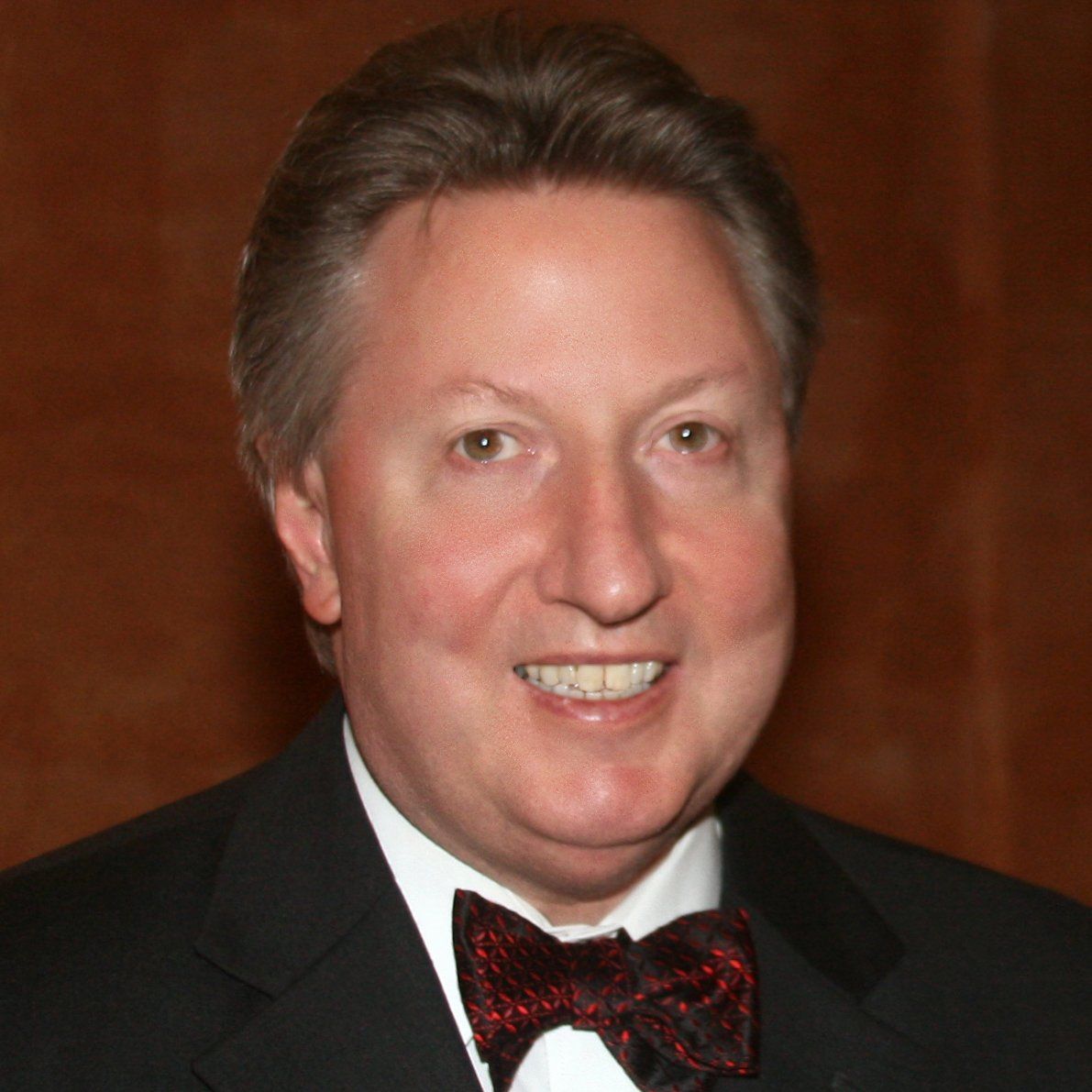
« Nicolas Horvath is a player of refreshing candour and deeply felt musical conviction, allied to but not dominated bu a comprehensive technical armoury.»
Leslie Howard
International Pianist
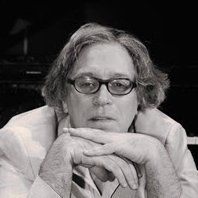
« A feat of concentration and stamina, and I admire that tremendously. Again Bravo »
Jed Distler
International Pianist

« The Toughtfulness of Mr. Horvath's playing, demonstrated by a fluency always subject to musical poetry, makes his work stand head and shoulders above many of his contemporaries. »
Leslie Howard
International Pianist
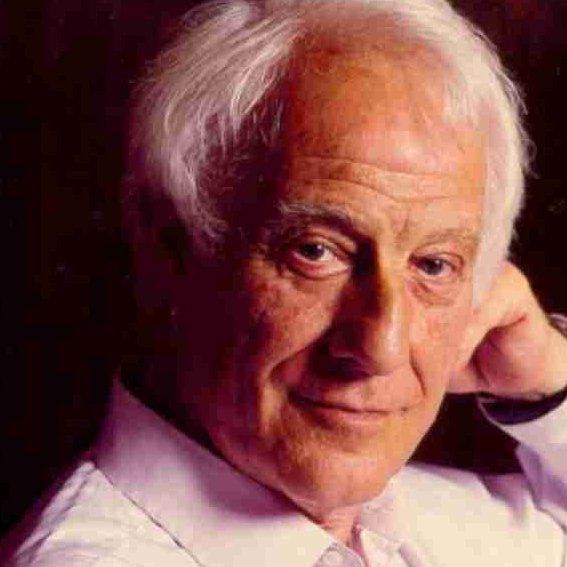
« A temperament. A frank and drue nature, not cluttering useless errands, alas, too fashionable today! This young man invests body and soul in the Music that animates him »
Eric Heidsieck
International Pianist
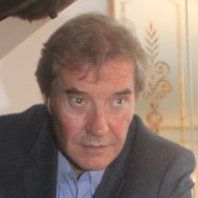
« I find your recording beautiful, I'm very impressed with your interpretation»
Gabriel Tacchino
International Pianist
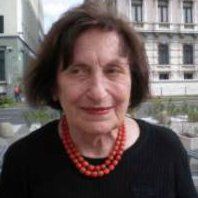
« Nicolas Horvath is not only a talented pianist and a hard-working researcher, endowed with inexhaustible energy, but also an endearing personality and devoted to his Art »
Ornella Volta
Erik Satie Foundation director
© La Fabrique des Rêves - 2022


